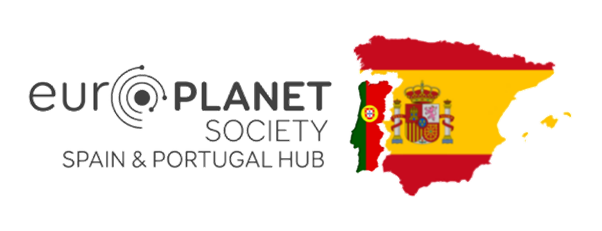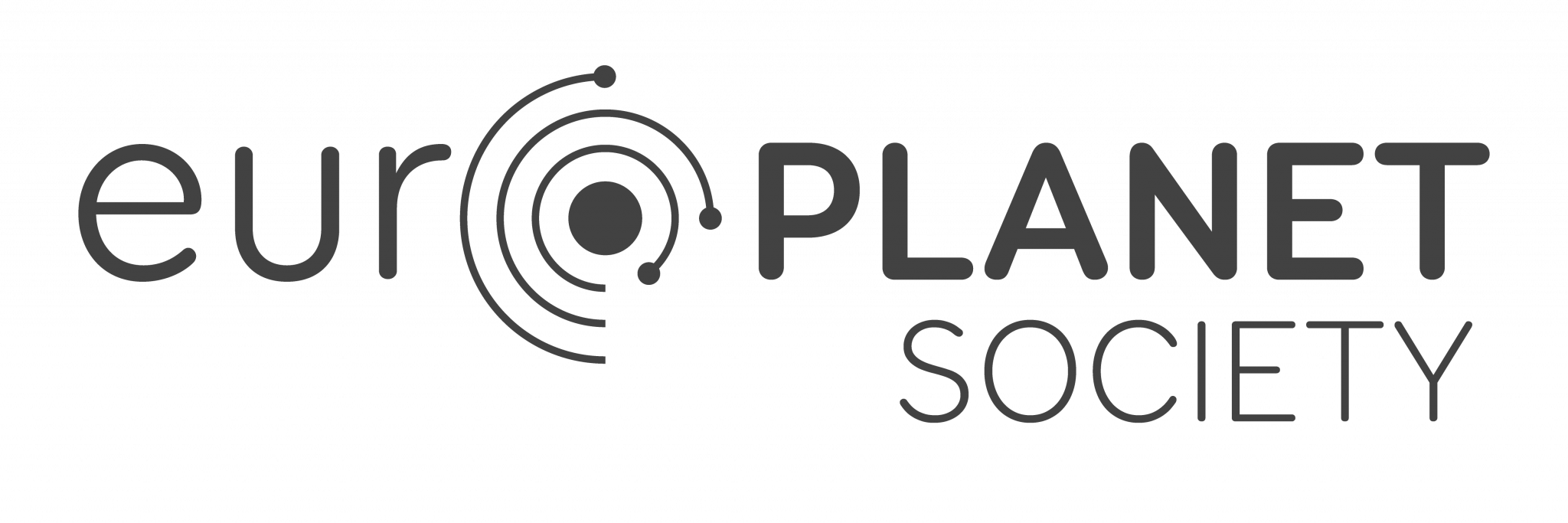Title: Radio emission from star-planet interaction
Center: Instituto de Astrofísica de Andalucía (IAA-CSIC)
Type: Predoctoral
Description:
The doctoral fellowship programme INPhINIT ”la Caixa” is devoted to attracting talented Early-Stage Researchers of any nationality to pursue their PhD studies in the best Spanish and Portuguese research centres and units with excellence distinction.
Research Project / Research Group Description
This project has two main goals. First, to search for radio emission arising from starplanet interaction in nearby stars with confirmed exoplanets. The detection of starplanet radio emission would allow us to use it as an independent tracer for future searches of habitable planets. The second main goal is to test star-planet interaction scenarios via radio observations for a number of stars. We will focus on M stars, which are the most abundant type of stars in our galaxy and, due to their low mass, are ideal for searching Earth-type planets. We intend to exploit the fact that the magnetic interaction between this type of stars with planets close enough can lead to radio emission that can be detectable from Earth.
This project has a strong observational component, and the successful candidate will become proficient in the use of radio interferometry techniques, including the software needed to reduce the radio data, which the main workhorse of the project. The candidate will work with radio interferometry data collected so far from state-ofthe-art interferometers, including the the Jansky Very Large Array (JVLA), the Giant Metre Wave Ratio Telescope (GMRT), the MeerKAT interferometer, the e-MERLIN, or the international LOFAR telescope. The successful candidate will become part of the CARMENES collaboration, and is expected to lead additional radio proposals from the planets that will be discovered, searching for signals of radio emission from the most promising targets to show star-planet interaction. The successful candidate will also become familiar with the physics behind the radio emission from exoplanets, and from star-planet interaction, as well as with magneto-hydrodynamic simulations to study the potential habitability of exoplanets around host stars. The overall goal of this project is to advance in our understanding of the origin of radio emission in exoplanets, tying it to the physical properties of the exoplanets and their host stars.





